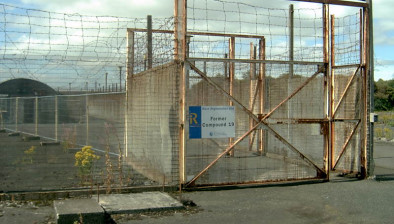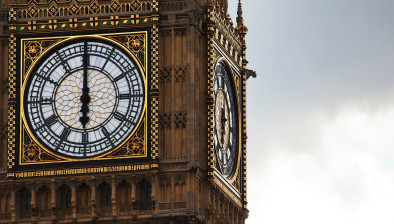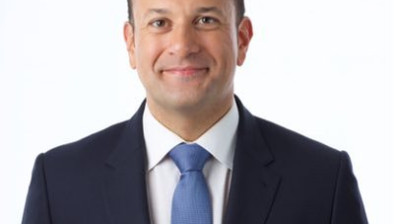UK: Downing Street forced to back down after questioning impartiality of Scottish judiciary

Downing Street was yesterday forced to repudiate comments made by a Number 10 insider questioning the impartiality of Scotland’s judiciary in the wake of a landmark ruling that the Prime Minister’s advice to the Queen to prorogue parliament was unlawful.
The Inner House of the Court of Session in Edinburgh allowed an appeal by a cross-party group of parliamentarians against the suspension of the UK Parliament after ruling that it had the purpose of “stymying Parliament”, our sister publication Scottish Legal News reports.
Legal experts told SLN the case could have “lasting implications for our constitution, for the reviewability of major prerogative powers and for the courts themselves”.
Following the ruling, an anonymous Downing Street source told The Sun: “We note that last week the High Court in London did not rule that prorogation was unlawful. The legal activists choose the Scottish courts for a reason.”
The government was, however, forced to back down.
Asked whether it thought the judges had been politically motivated, a Downing Street spokesman said: “Absolutely not. We have absolute respect for the independence of the judiciary.”
The comments provoked a backlash from figures across the political spectrum.
Lord Falconer, who was Lord Chancellor under Tony Blair, tweeted: “Lord Chancellor should put a stop to this nonsense immediately. Upholding the rule of law means ensuring government does not attack the judges for decisions the government doesn’t like. Appeal if you don’t like it, don’t undermine the judges as if they were politicians.”
Scottish Conservative MSP, Professor Adam Tomkins, tweeted: “To politicians who don’t like court judgments: don’t attack the judges or the independence of the legal system. Don’t ever do that. Appeal, test your legal arguments in a superior court. Why does this even need saying?”
The Lord Chancellor, Robert Buckland QC MP, tweeted: “Our judges are renowned around the world for their excellence and impartiality and I have total confidence in their independence in every case.”
The Chancellor, Sajid Javid, tweeted: “Absolutely right. The reputation of UK judges for impartiality is, rightly, second to none. We may not always find their judgements easy - but there’s no questioning the integrity of the process.”
Deepening the controversy, the UK government business minister Kwasi Kwarteng told the BBC’s Andrew Neil Show that it is “fact” that people think judges are not impartial following the ruling.
He said: “I think that they are impartial, but I’m saying that many people, many Leave voters, many people up and down the country, are beginning to question the partiality of the judges.
“That’s just a fact. People are saying this all the time, they are saying ‘why are judges getting involved in politics’… we’ve got to be honest about the debate.”
He added: “The extent to which lawyers and judges are interfering in politics is something that concerns many people.”
Sir Menzies Campbell, former leader of the Liberal Democrats, said: “I would expect a government minister to understand the importance of the independence of the judiciary and not make any comments that might undermine public perceptions.”
Joanna Cherry QC MP tweeted: “Disgraceful sophistry from @KwasiKwarteng basically rabble-rousing against the Scottish judiciary without the courage to own what he’s doing.”










